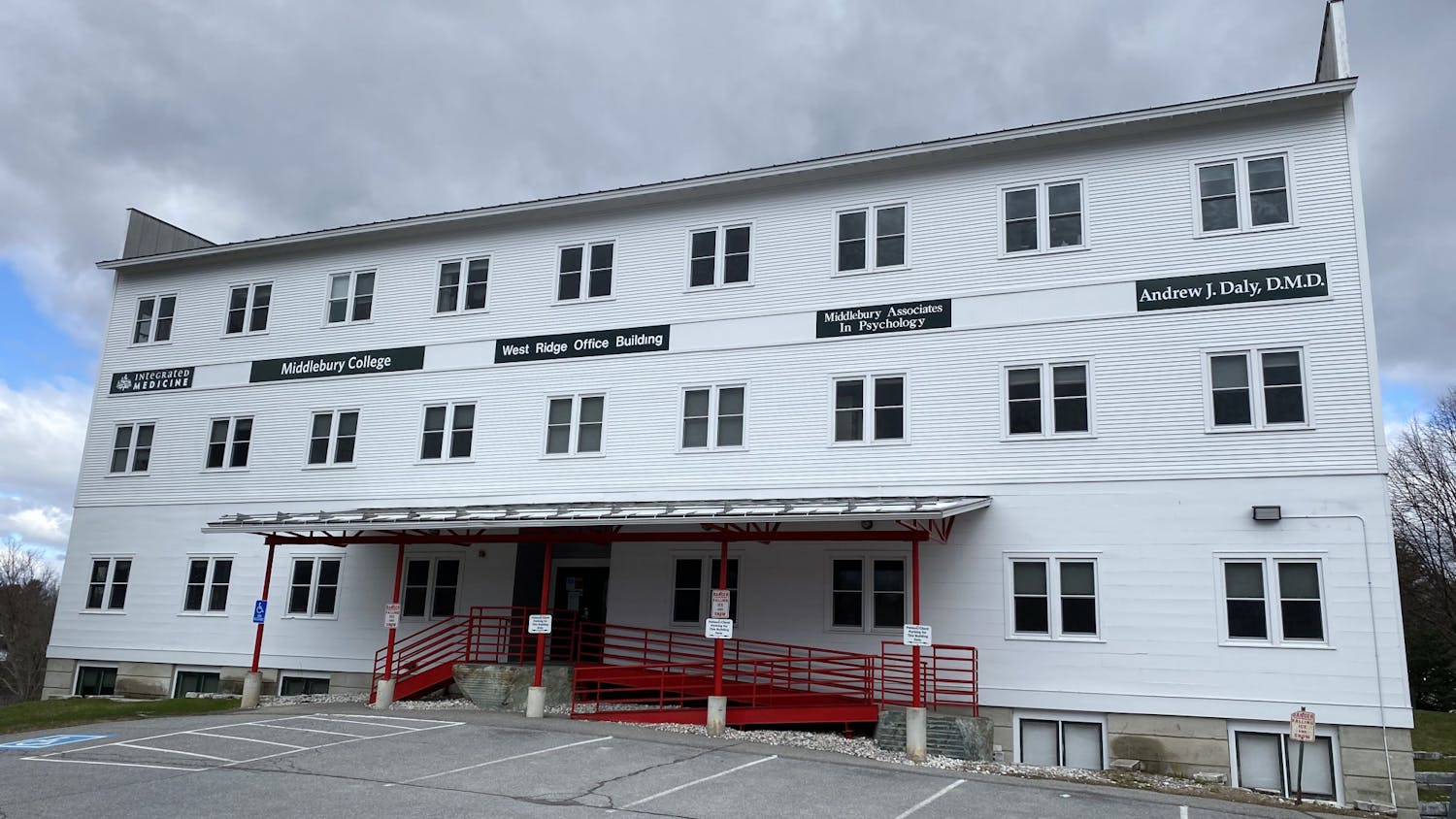Thirteen years ago, the words of Dana Walters ’12 rattled the community of Middlebury College and sparked a conversation that was long overdue. She claimed that our “active” culture has manifested an unhealthy, toxic environment in which students are vulnerable to disordered eating and exercise habits. Walters’ wake-up call to the college made headlines, even appearing in The New York Times. However, this negative attention was not enough to incentivize the administration to bring mental health resources to the college, let alone reflect upon its systems that could be amended to catalyze prevention.
Fast forward 10 years, Quinn Boyle ’21.5 reintroduced the conversation with a striking headline in The Campus: “The Skinniest College” in America. Her words were felt and shared among the general population.
“In college, I saw an opportunity to escape from my past…Instead, Middlebury’s culture of “wellness,” — a new way of disguising a societal preference for a specific body type — proved to be a further catalyst for my disordered eating habits. My disease festered in an environment that values athleticism, healthy eating and perfectionism. And my restrictive habits were reinforced by other girls crippled by the same disease,” Boyle wrote.
Most importantly, Boyle outlined the dire need for on-campus resources. Parton Health Center lacks counselors with backgrounds in eating disorder specialization. Meanwhile, the closest specialists are in Rutland and Burlington. Leaving campus for help is not an option for everyone and should not have to be the first resort. In Boyle’s experience, taking time off to receive help denied a secure return and jeopardized her financial aid package. She urged her fellow classmates to pressure the administration for change.
The conversation sparked solidarity and acknowledgement around the pervasive unhealthy culture among the student body. Conversely, the administration has continued to sit comfortably in the denial stage — denying safety and security to its student body and undermining its preached values of health and wellness.
Two years later, we remain gridlocked in a resource desert. Covid-19 has only exacerbated disordered eating and exercise habits. I experienced this firsthand, disproportionately shifting my attention to my diet and exercise regimen in the fall of 2020 as isolation and lack of normalcy deviated my normal routine and self-esteem. My struggle was only perpetuated by the similar behaviors of my friends and teammates. I took last spring off to reset my mental health amid the inescapable pandemic. I came back this fall eager to amend Midd’s toxic wellness culture.
I am the Co-Director of SGA Health & Wellness, and my committee and I have struggled to move forward with a concrete plan and approval process in regards to attaining an eating disorder specialized educator and counselor. We are gaining momentum in facilitating preventative measures, in collaboration with the newly founded club Midd S.P.E.A.K. (Students Promoting Eating Disorder Awareness and Knowledge). However, we hope to bring tangible resources for the acknowledgement and recovery stages of disordered eating. All of the other NESCAC schools, except for Trinity College, provide services from a licensed nutritionist and/or dietician. The Health & Wellness Committee, and countless others who have struggled, wonder why Middlebury has not followed suit.
Perhaps, this excuse is standing in the way: students can access a virtual nutritionist through Telehealth. Yet, this resource lacks consistency, familiarity, and publicity. This limited resource has stood in the way of the college seeking effective initiatives to combat this issue. Meanwhile, the situation is just escalating. In April 2022, seventy-one percent of Zeitgeist respondents claimed they have struggled with their relationships with food or exercise during their time at Middlebury.
So, with a week left in the semester, I’d like to shift our attention back to the issue. The college Director of Health & Wellness, Madeline Hope, has proposed the hiring of a nutritionist at Parton to the administration. We need student allyship to accelerate this demand on the administration’s list of priorities, as well as vocalize the demand for more than just a nutritionist on the premises. Our students undoubtedly need certified specialists to confide in and to help students rekindle healthy relationships with their bodies, food and exercise.
Therefore, we are here today to ask for your support and vulnerability. We ask you to not only share this article with peers and neighbors, but to anonymously reflect upon your experiences or struggles with this issue through this form. Additionally, please take two minutes to complete the following survey created by the Midd S.P.E.A.K. board to attain feedback about campus resources: go/middspeakup/. We believe abundant testimony can overshadow the enduring negligence and stagnation from the administration.
Emma Pagni is a member of the class of 2023.5.



